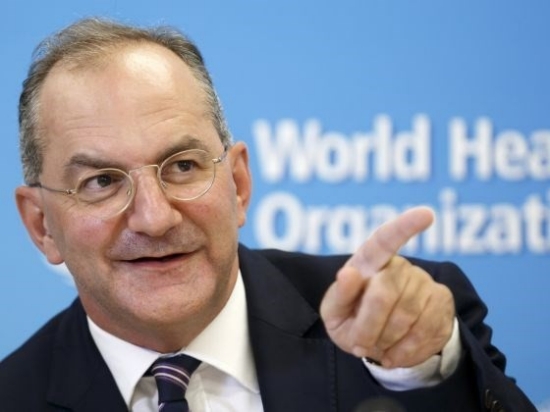More than half the global population lacked access to essential healthcare services, the latest annual report released by the World Health Organisation (WHO) revealed on Thursday, May 17, 2018.

The report, titled “World Health Statistics: Monitoring Health for the Sustainable Development Goals”, is WHO’s annual snapshot of the state of the world’s health.
The 2018 edition contains the latest available data for 36 health-related Sustainable Development Goal (SDG) indicators.
In total, more than 50 SDG indicators measure health outcomes or health service provision.
“Less than half the people in the world today get all of the essential health services they need,” the report stated.
According to the report, weak health systems in a large number of countries are at fault for the lack of access to basic health services.
“In many countries, weak health systems remain an obstacle to progress and lead to shortages in coverage of even the most basic health services, as well as poor preparedness for health emergencies,” the report stated.
The WHO report disclosed that for the period of 2007-2016, 76 countries reported having less than one physician per 1,000 of the population.
Also 87 countries reported having fewer than three nursing and midwifery personnel per 1,000 of the population.
According to WHO, medicines for palliative care and pain management are considered essential.
However, data from health facility surveys conducted nationally in 29 countries during the period 2007-2017 showed that only 64 per cent of public sector facilities surveyed in low income countries.
Also, only 58 per cent of public sector facilities surveyed in lower middle income countries stocked medicines for pain management and palliative care.
The report identified that apart from access to basic and necessary healthcare, challenges also persist in attaining the eight Millennium Development Goals [MDG], which range from combating AIDS, malaria, and other diseases to reducing child mortality.
“In spite all the progress made during the [MDG] era, major challenges persist in the MDG priority areas.
“These challenges will need to be addressed if further progress is to be made in reducing maternal and child mortality, improving nutrition, and combating communicable diseases such as HIV/AIDS, tuberculosis (TB), and malaria,” the report stated.
The SDGs were adopted by UN member states in 2015 as the world’s objectives for the next 15 years.
They comprise 17 interlinked goals and 169 targets to be achieved globally by 2030.
